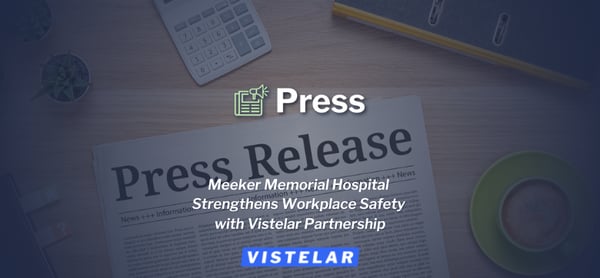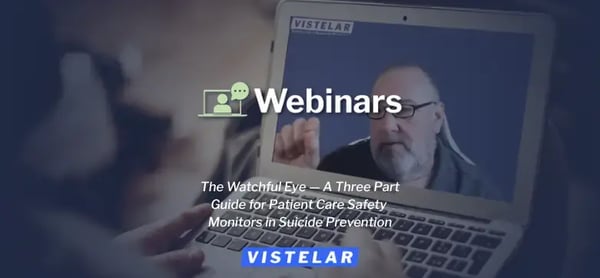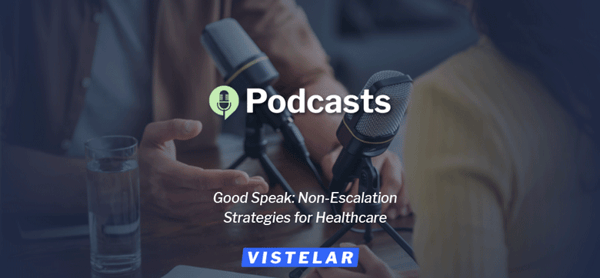The Minnesota Hospital Association (MHA) has selected Vistelar, LLC as an Endorsed Business Partner (EBP), recognizing the company's leadership in helping healthcare organizations prevent workplace violence and improve staff safety.
The MHA Endorsed Business Partner program identifies best-in-class, innovative organizations through a rigorous vetting process designed to match member needs...











